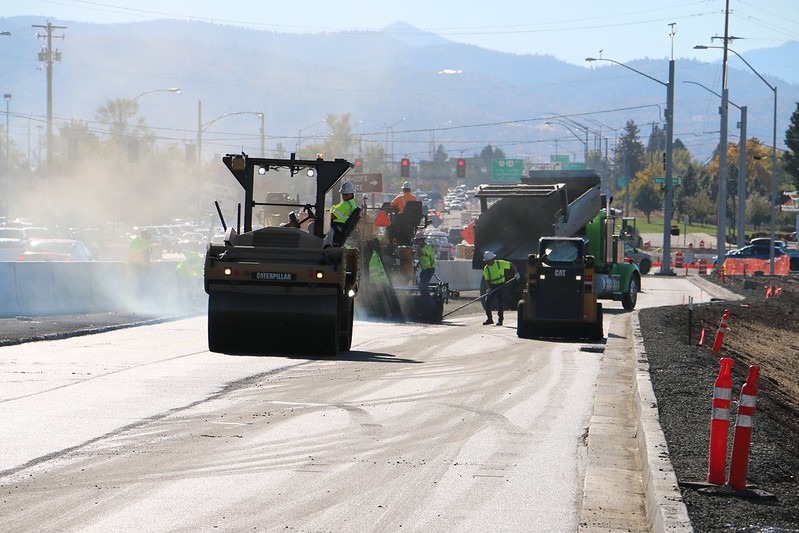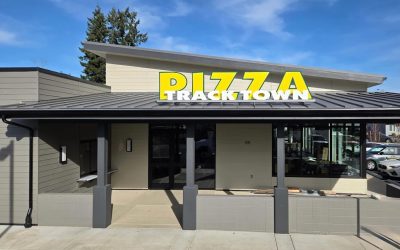A major transportation funding proposal in the Oregon Legislature has stalled, marking a significant development in the 2025 session.
House Bill 2025, a large-scale transportation package aimed at raising billions of dollars for infrastructure improvements, failed to gain enough support to move forward. The bill was expected to increase fuel taxes and vehicle fees to fund highway upgrades, transit agencies, and key construction projects across the state. However, it encountered opposition from both Republicans and some Democrats.
Legislative leaders confirmed Friday that the bill will be returned to committee, and not be brought up for a vote in its current form.
In response, lawmakers proposed a narrower approach: a recently introduced amendment to House Bill 3402 would raise Oregon’s gas tax by 3 cents per gallon, in addition to increasing certain vehicle registration and title fees. A revenue forecast estimates the amendment could generate $315 million in the next budget cycle and up to $2 billion over ten years.
Unlike previous proposals, the revised funding would go entirely to the Oregon Department of Transportation (ODOT) to help the agency avoid significant budget shortfalls and layoffs. ODOT has indicated it would need roughly $350 million to prevent cutting hundreds of positions starting next week.
Governor Tina Kotek, who had been relatively quiet on transportation policy during the session, spoke Friday in support of the scaled-back plan. She warned that up to 700 layoffs could occur without action from lawmakers.
Some local leaders expressed concern that the new proposal would not allocate funds to cities and counties as is typically done with transportation packages. Beaverton Mayor Lacey Beaty and Portland Mayor Keith Wilson both testified against excluding municipalities from the funding, citing potential impacts on local jobs and infrastructure services.
The original HB 2025 included funding for projects such as improvements to I-5 through Portland’s Rose Quarter, work on the Abernethy Bridge on I-205, and increased support for public transit systems. It also proposed a new method of collecting road usage fees from electric vehicle drivers, in anticipation of long-term revenue shifts due to declining gas tax receipts.
Though Democrats hold supermajorities in both chambers, the legislation revealed internal divisions, particularly over tax increases. Some lawmakers preferred a more limited approach to transportation funding or were concerned about the timing and economic implications.
Republicans largely opposed the bill, with some calling for a reset on transportation discussions.
As the session comes to a close, lawmakers have not finalized a long-term funding strategy for Oregon’s aging roads and infrastructure. Further debate is expected in future sessions.













